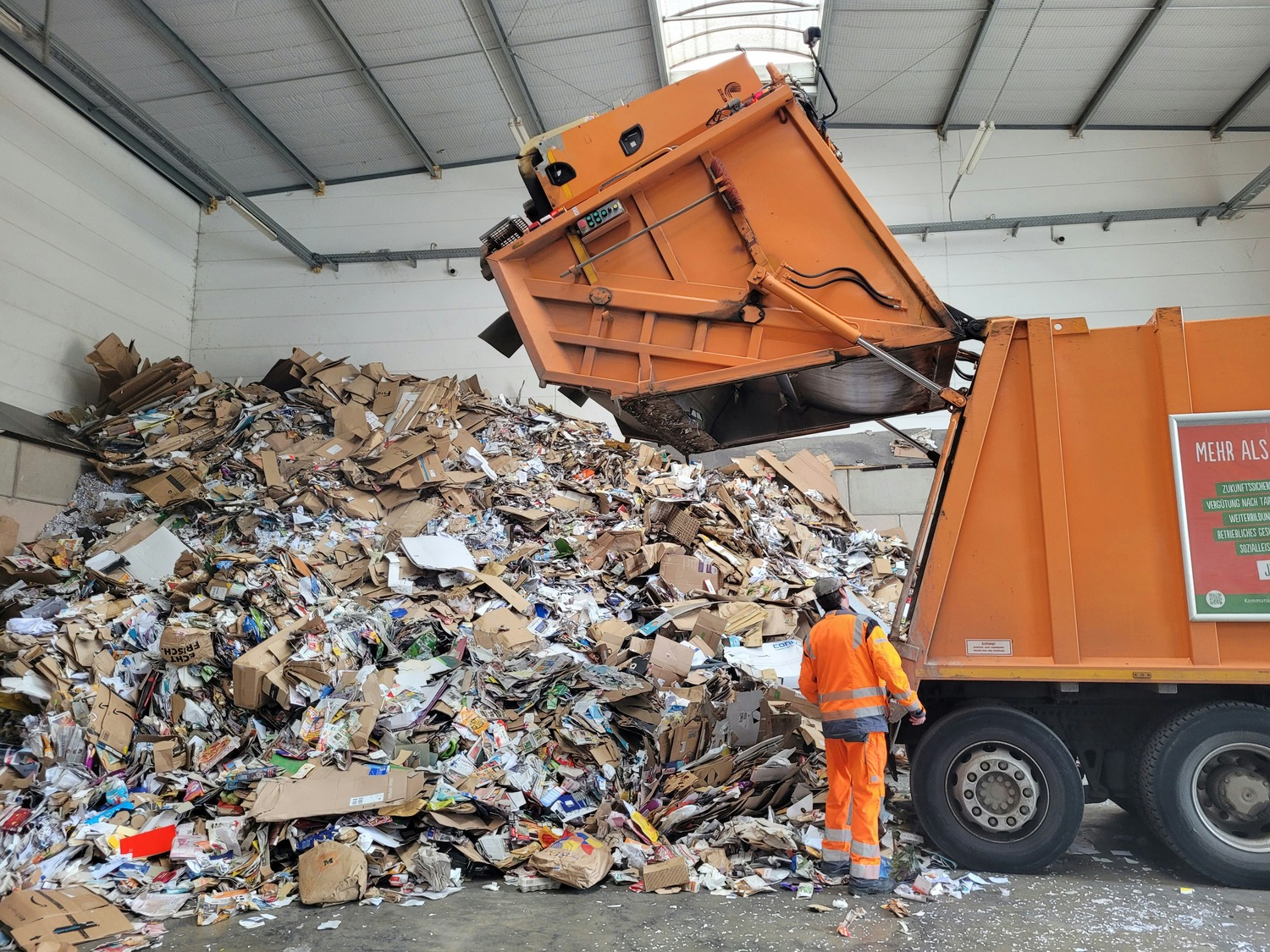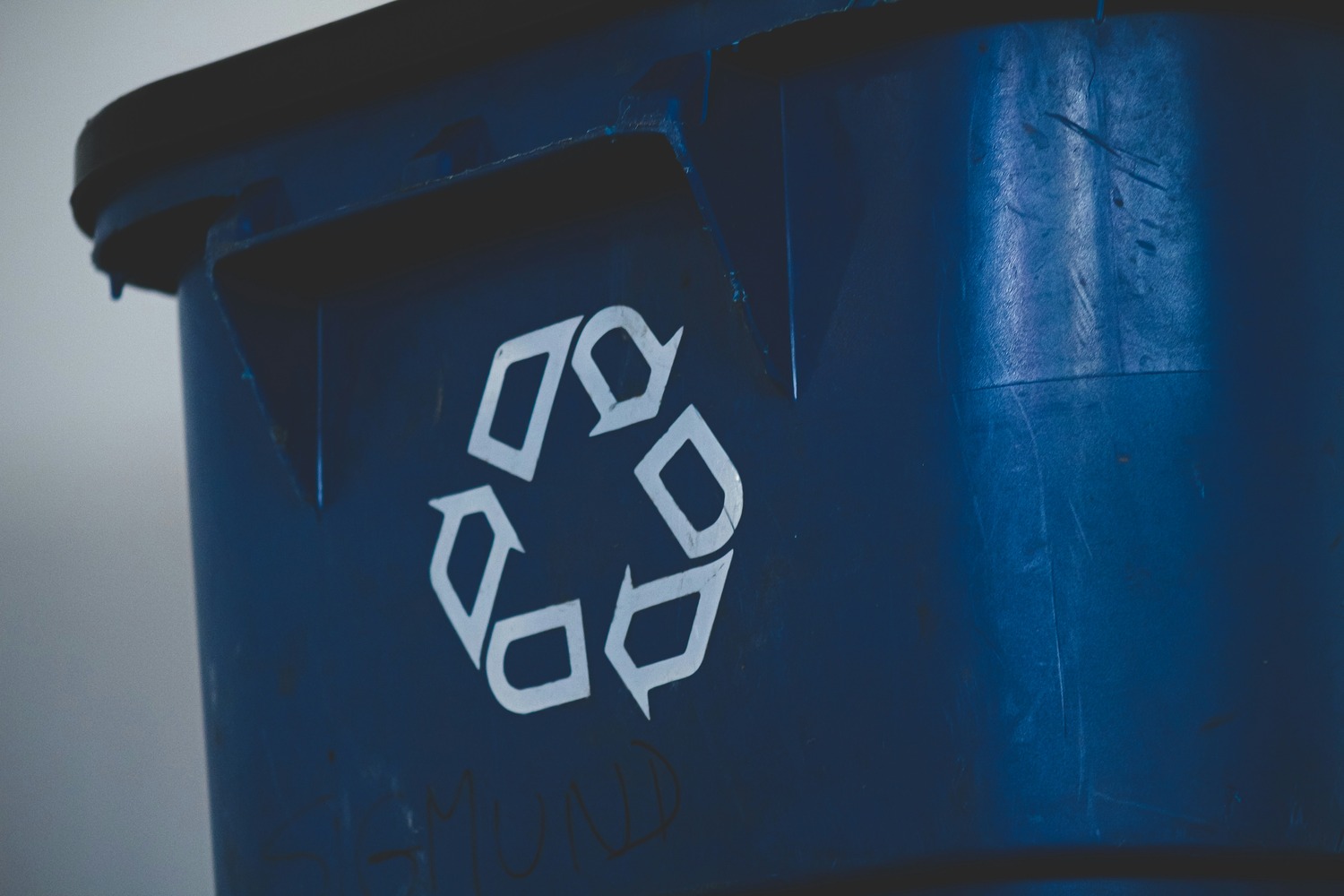
It’s not a headline-grabbing crisis. You won’t see cable news anchors doing deep dives. But for retirees across America, one seemingly minor bill is getting harder to ignore: the trash collection fee.
Municipalities and private waste management companies are steadily increasing the cost of trash pickup, often in small, incremental ways that fly under the radar. But for older Americans on a fixed income, these “nickel and dime” hikes aren’t just inconvenient. They’re adding up fast and threatening the already-tight budgets of millions of retirees.
Trash fees may seem like background noise in the larger economic picture, but they are part of a quiet squeeze on seniors who are being asked to pay more for the same essential services, while their incomes stay flat.
How Rising Trash Fees Are Affecting Retirees More Than You Think
The Hidden Climb of Trash Collection Fees
In recent years, local governments have passed on more operational costs to residents, especially in areas where tax revenues have declined or recycling costs have soared. Some cities now charge a separate line-item fee for trash collection—distinct from property taxes—while others have moved to tiered pricing models where residents are penalized for generating more waste.
For retirees, who may generate the same small amount of garbage each week regardless of inflation, this shift feels unfair. Their habits haven’t changed, but their costs have. And because trash pickup is considered a “non-negotiable” utility, there’s little they can do about it.
In many regions, the fee hikes have quietly outpaced inflation. What used to be a $12 monthly charge can now run as high as $35 or more—an increase retirees definitely feel, even if local officials barely mention it.
Why Retirees Feel It More Than Others
Younger homeowners may absorb minor fee increases with little thought. But for retirees, every dollar matters. Social Security cost-of-living adjustments rarely keep pace with real-world inflation, and retirees often juggle medications, groceries, property taxes, and utility bills on a shoestring.
Trash collection doesn’t just affect the bottom line. It represents yet another rising fixed cost in a life stage that’s supposed to be about stability. And for older adults who own their homes but live on modest incomes, these fee increases can feel like a punishment for simply aging in place.
Many retirees also lack the flexibility to reduce their waste output in meaningful ways. They may rely on disposable products for medical or mobility reasons, or live alone and generate the same low volume of trash regardless of price tier.
Privatization and Profit: The Bigger Picture
In some areas, private companies have taken over municipal waste services, introducing a profit motive into what used to be a basic civic responsibility. When profit becomes the priority, affordability tends to take a back seat.
For-profit trash services may offer fewer discounts to seniors, charge for “extras” like recycling bins or bulk pickups, and implement fuel surcharges that fluctuate wildly. Unlike water or electricity, trash isn’t always regulated in the same way, allowing for price hikes with little oversight or transparency.
This leaves retirees not just paying more, but often getting less in return. Missed pickups, limited services, and confusing billing structures compound the frustration.

The Compounding Effect of “Small” Fees
Trash fees don’t exist in a vacuum. For most retirees, they’re just one of many small fees that have risen disproportionately over the past decade. Water bills, stormwater runoff charges, vehicle registration fees, and “fire protection assessments” have all quietly increased in many towns.
Together, these so-called minor expenses form a perfect storm for those on fixed incomes. Retirees often don’t notice the strain until a larger financial event, like a medical emergency or car repair, brings the fragility of their budget into sharp relief.
For those already on the edge, a $25 increase in waste management fees over the course of a year might mean cutting back on groceries or skipping a prescription refill.
Discounts and Relief Programs: Often Hidden or Inaccessible
While some cities offer senior discounts or hardship exemptions for utility services, many retirees don’t know they exist, or find the application process too confusing or burdensome to complete.
Some require income documentation, notarized forms, or online submissions—barriers that can be difficult for older adults who may not be tech-savvy or comfortable navigating bureaucracy. Others are poorly advertised, buried on municipal websites, or not promoted to the people who need them most.
As a result, many seniors simply pay the full rate, unaware that relief options might be available—or giving up out of frustration before they can access them.
Aging in Place Shouldn’t Mean Pricing Out Seniors
The ideal of “aging in place” is something many retirees strive for: staying in their own homes, maintaining independence, and avoiding the costs and disruptions of assisted living. But as hidden living costs like trash fees rise, that dream is becoming harder to afford.
What begins as a manageable fixed income can slowly become insufficient, not because of major life changes, but because of dozens of minor economic pressures that never seem to let up.
Trash pickup may seem like a small part of the puzzle, but it symbolizes a much larger issue: the quiet erosion of financial dignity in retirement.
What Can Be Done?
Retirees and their families can take action, but it requires awareness and advocacy.
- Check for senior discounts with your local trash service or municipality. Call or visit their office—don’t rely solely on a website.
- Bundle services if possible. Some providers offer lower rates when recycling, composting, or bulk pickups are included.
- Join local advocacy efforts pushing for caps or exemptions on utility fees for seniors.
- Elect local officials who prioritize affordable services for aging populations.
- Talk to neighbors. You’re likely not the only retiree feeling the squeeze—collective voices have more power.
Ultimately, cities and counties must be held accountable for how they manage essential services. If they want retirees to remain active, contributing members of their communities, they must ensure those communities remain affordable.
A Hidden Cost With Real Consequences
Rising trash fees may not make the evening news, but they’re reshaping the financial landscape for millions of older Americans. For retirees, these hikes aren’t just about waste collection. They’re a reflection of a society that often forgets how easily fixed incomes can be broken by shifting economic tides.
It’s time we start paying closer attention to the everyday costs that quietly chip away at retirement security.
Have you or a loved one seen utility or trash costs increase noticeably in recent years? How are you managing the changes?
Read More:
9 Loopholes That Could Save Retirees Thousands—If They Dare Use Them







